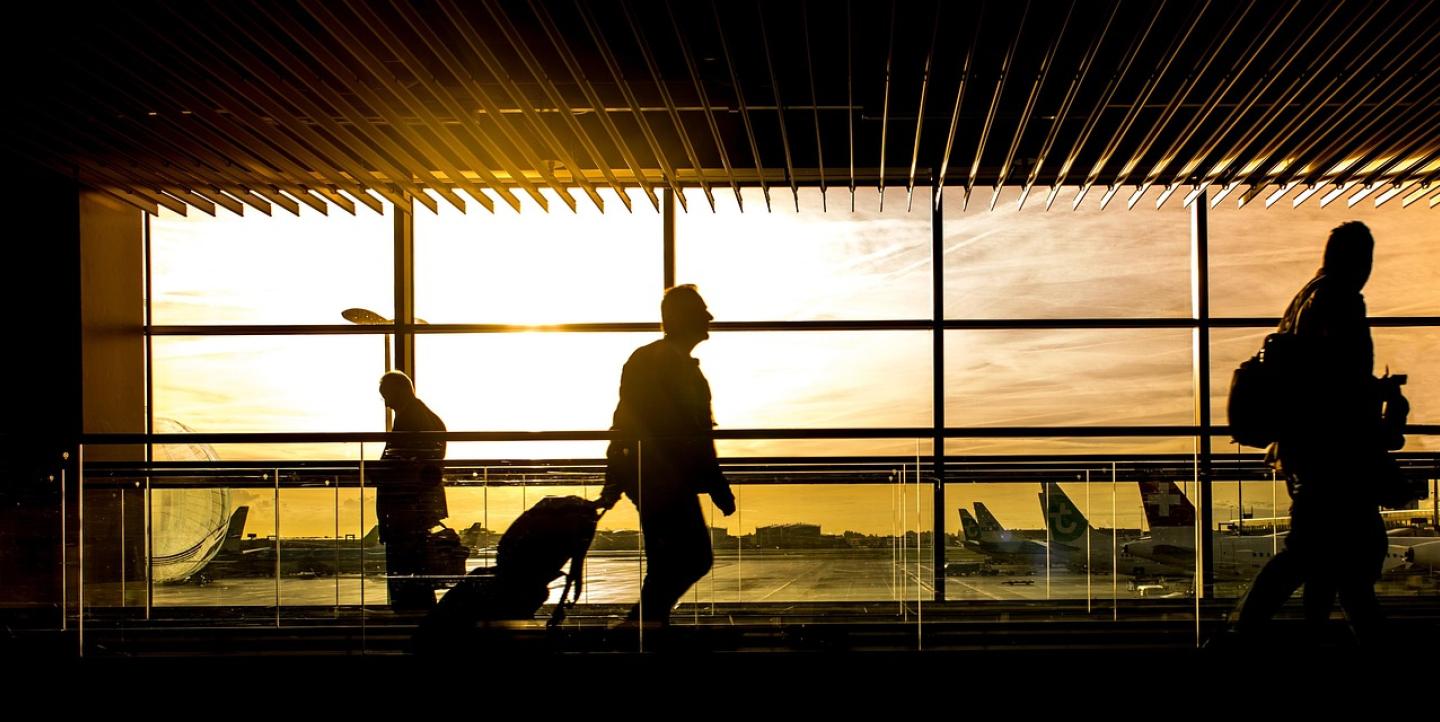This resource is part of our Exiled Media Toolkit, produced in partnership with the Network of Exiled Media Outlets (NEMO), and with the generous support of the Joyce Barnathan Emergency Fund for Journalists.
Clavel Rangel is a journalist forcibly displaced due to her reporting in Venezuela. She didn’t go into exile with a safety net, a secured job, or a detailed plan. She left with her name, her credibility, and her conviction. As she tells it, her survival has been multifaceted, fragmented, and deeply creative.
“I’ve learned to live with many income streams; a fellowship here, some editing work there, a collaborative podcast, a human rights consultancy. And when there’s nothing, I reinvent myself.”
Clavel doesn’t work for a single newsroom. She works for an ecosystem. Her model is that of a professional who has assembled a financial and symbolic puzzle of her own making.
Among its pieces: freelance journalism for international and regional outlets that value her perspective from the Global South; fellowships and grants such as those from the International Women’s Media Foundation, which offer mentorship and space to rethink one’s career; the Lauren Brown Fellowship, which partially funds reporting projects or thematic coverage; and immersion opportunities like the Alfred Friendly Press Fellowship at the University of Missouri, which fosters global journalist-to-journalist learning and emotional connection.
This approach has given her freedom, but it has also demanded continuous reinvention. She budgets without a predictable calendar, manages her time like a one-woman company, and navigates uncertainty as a constant companion.
Though rarely covering all expenses, these fellowships allow her to pursue investigations, meet specific needs, or open new doors. As Clavel put it: “It’s like building your own bridge with multiple opportunities. There’s no single path — but every step helps you move forward.”
Systemic barriers: Language, loneliness and legitimacy
Access to these opportunities is often limited by real and persistent barriers. One is language: many U.S.-based programs expect Hispanic journalists to publish in English. Another is emotional insecurity, shaped by the trauma of displacement and imposter syndrome. And a third is the lack of local networks, which can severely hinder one’s chances without institutional backing or references.
Clavel emphasized the importance of building community, investing in networking, and telling your personal story with clarity and honesty: “Our stories offer lessons for democratic countries, too — where democracy is always a work in progress and at risk.”
The weight of independence
Clavel’s testimony doesn’t romanticize freelance life. She speaks openly about the exhaustion of living without a safety net: no stable contracts, no guaranteed income, no editors to return to, no paid vacations.
“Being freelance isn’t pure freedom,” she said. “It’s fatigue. It’s uncertainty. It’s having to renegotiate your rates every time. It’s not being allowed to get sick. It’s working twice as hard to prove half as much.”
She also reminded us that even progressive outlets often fail to recognize the true costs of exile — immigration paperwork, isolation, and discrimination in the labor market.
Fellowships, grants, and project-based support structures can be lifelines for exiled journalists, allowing them to keep reporting, learning and growing. But they’re rarely a complete solution. Clavel’s experience underscores that sustaining a calling in exile requires resilience, self-management, emotional stamina, and a supportive network.
Image by Rudy and Peter Skitterians from Pixabay.
Nieves created this resource as part of his ICFJ Knight Fellowship.

